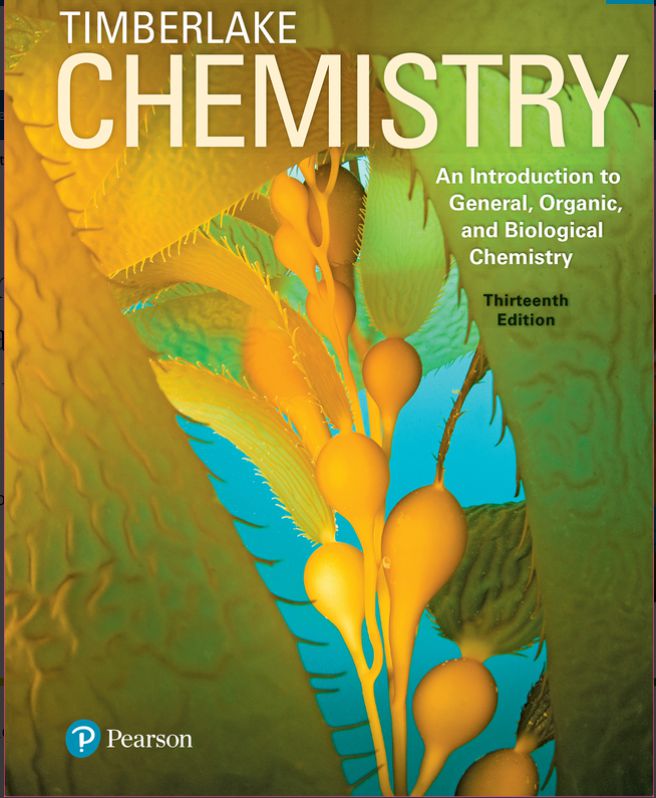Textbook Question
State whether each of the following refers to a saturated or an unsaturated solution:
c. A uric acid concentration of 4.6 mg/100 mL in the kidney does not cause gout.
1416
views

 Verified step by step guidance
Verified step by step guidance



State whether each of the following refers to a saturated or an unsaturated solution:
c. A uric acid concentration of 4.6 mg/100 mL in the kidney does not cause gout.
Use the following table:
A solution containing 80. g of KCl in 200. g of H2O at 50 °C is cooled to 20 °C.
a. How many grams of KCl remain in solution at 20 °C?
Use the following table:
A solution containing 80. g of NaNO3 in 75 g of H2O at 50 °C is cooled to 20 °C.
b. How many grams of solid NaNO3 crystallized after cooling?
Predict whether each of the following ionic compounds is soluble in water:
c. BaCO3
Predict whether each of the following ionic compounds is soluble in water:
d. K2O
Predict whether each of the following ionic compounds is soluble in water:
b. Kl